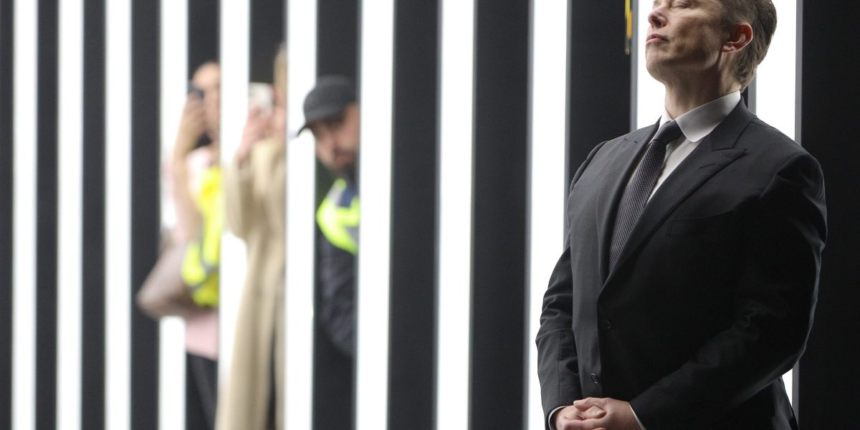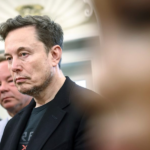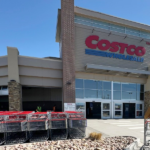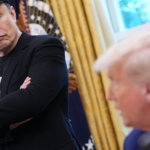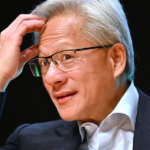Rifle through Turkey’s car sales report for January and in the column next to Tesla’s name, you’ll find a big, fat zero.
Tesla sold over 7,200 vehicles in the Eurasian country, within striking distance of the UK’s 7,700—even though the latter set a high bar with its best performance this year.
“Those numbers are weird. Already southern Europe is struggling with electrification and EV adoption,” JATO Dynamics automotive analyst Felipe Munoz tells Fortune. “So you can imagine what the situation in Turkey is, especially with regard to charging infrastructure.”
The Tesla Model Y Long Range All-Wheel-Drive with dual motors costs 1.8 million Turkish lira, or roughly $45,000 to purchase, but buyers need to cough up an additional 1.1 million for the 60% SCT.
By comparison, the new single-motor version, which costs 1.4 million lira, only comes with a 10% SCT surcharge that adds just 141,000 lira.
So even though the two models are only about 391,000 lira apart in price, this balloons to 1.6 million, or $40,000, after tax.
Turkey seems like an unlikely candidate for Tesla to drive growth.
That goes double for Europe, where Tesla has its biggest problems by far.
Munoz suspects another possibility. Turkey could be serving as a stopover before some of the vehicles are shipped to Russia, where nearly 1.3 million new cars are expected to be sold across the vast territory.
“Turkey doesn’t have issues with Russia, they still have diplomatic relations, there is still trade and there are flights,” Munoz explained in an interview.
“This is a truth that no one wants to talk about, but is happening,” Munoz added.
Only about a third arrive via official channels, mainly out of China from brands like Chery and Great Wall Motor’s Haval.
The rest—some 56%—are brought into the country through so-called parallel imports.
Typically these are found in many parts of the world where they exist in a legal gray area, entering without the consent of the manufacturer.
But they can cross the line into illegality when they are used to skirt economic sanctions.
“I would not be surprised if they are coming from Berlin and then they are being resold where the West cannot sell cars,” Munoz continued. “Sanctions may be hurting the middle class majority, but upper-class Russian buyers are still buying luxury cars—you can see it on the streets of Moscow.”
Tesla did not respond to a request from Fortune for comment.


